Gordon Moore, Intel Co-Founder and Creator of Moore's Law, Dies at Age 94
Passed away peacefully at home.
Intel and the Gordon and Betty Moore Foundation announced that Intel co-founder Gordon Moore died peacefully this evening, surrounded by his family in Hawaii, at the age of 94. Moore co-founded Intel with his longtime friend Robert Noyce in 1968, but is perhaps best known as the creator of the eponymous Moore's Law. Intel has posted his obituary here.
Moore's Law, originally penned in 1965, stated that the number of transistors on an integrated circuit would double every year. This law served as a goal that helped drive the semiconductor industry forward. In 1975, Moore revised this law to predict a doubling of transistors every two years, which, despite plenty of debate, has largely held true to this day.
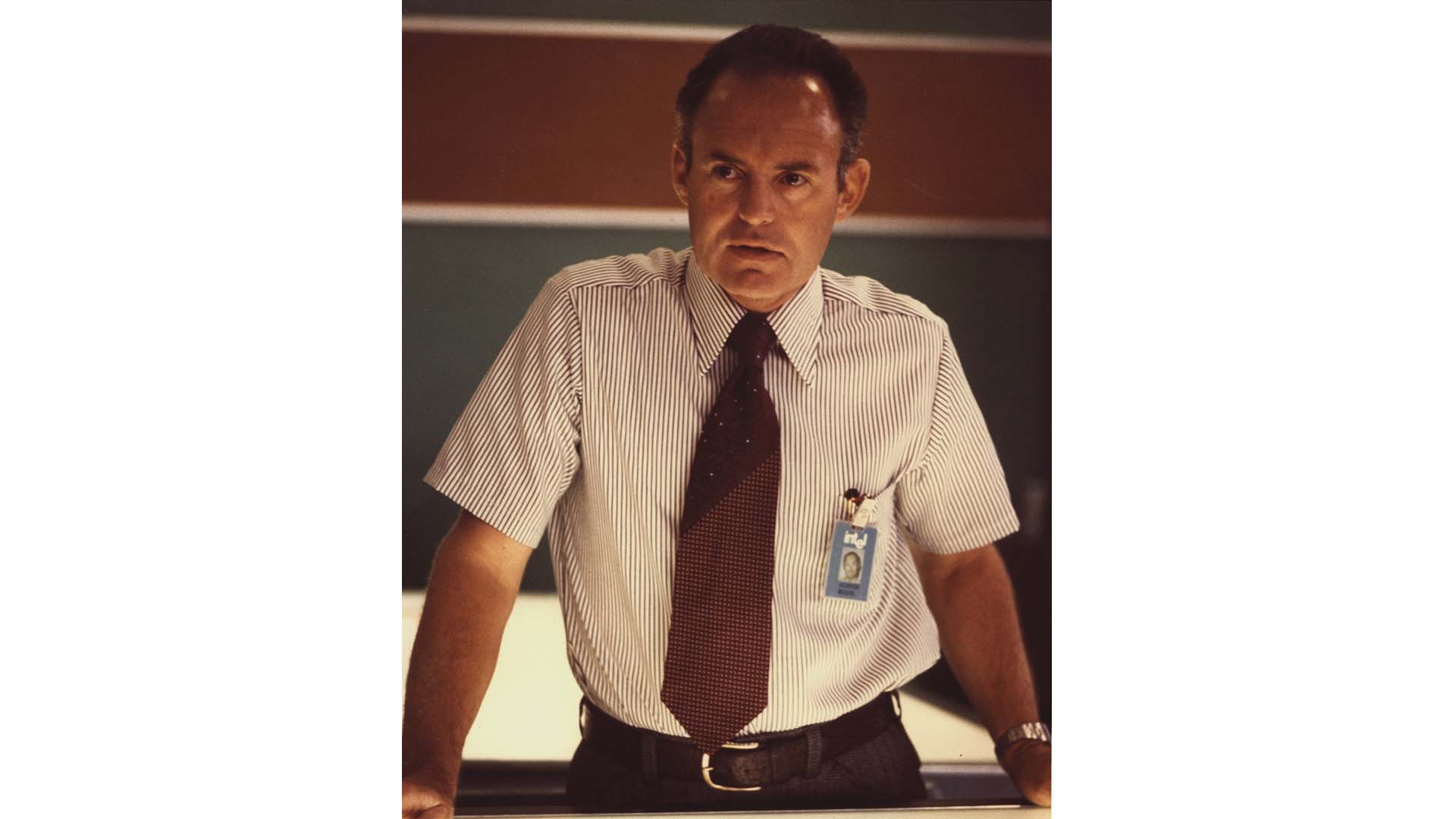

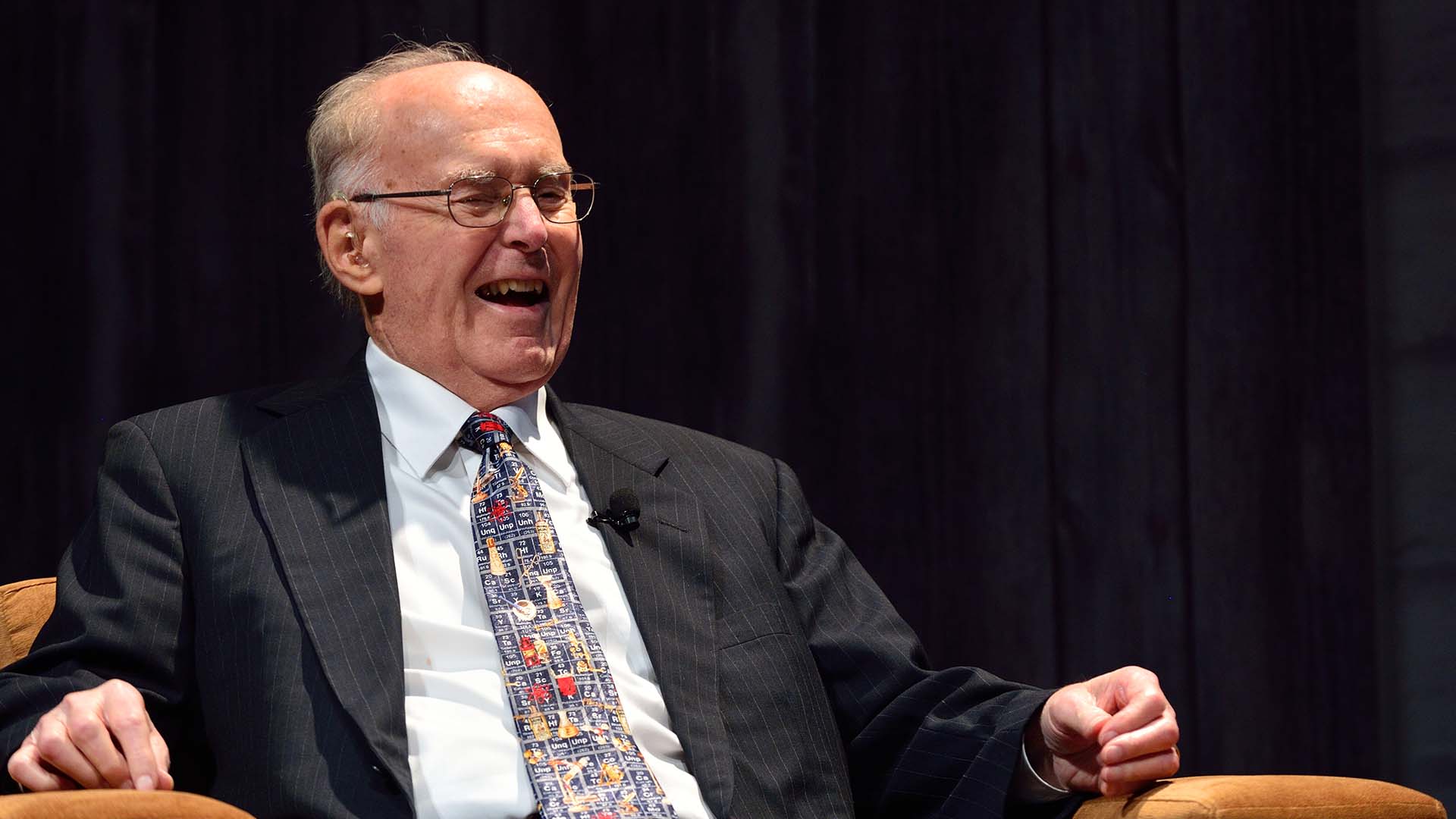
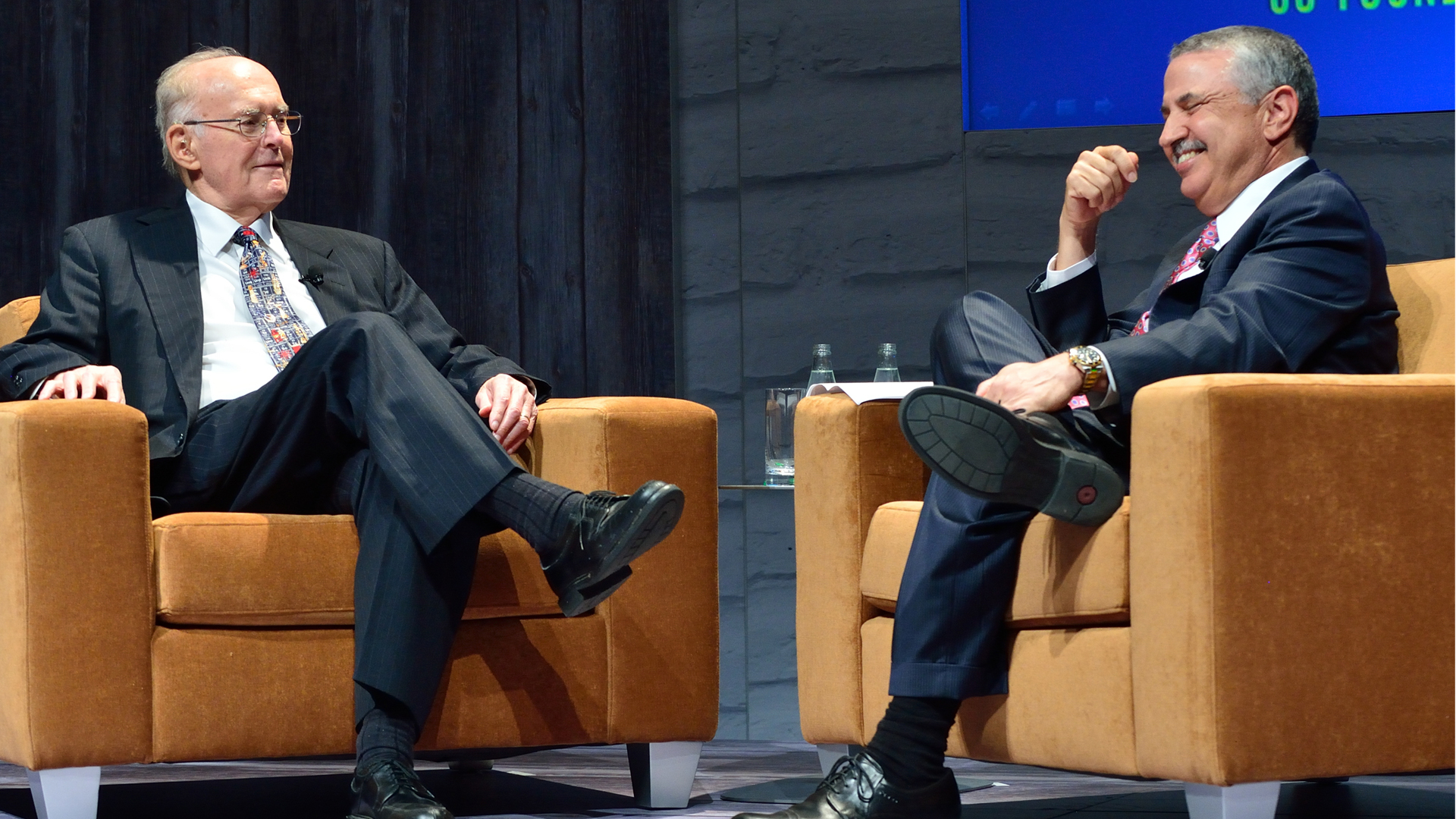

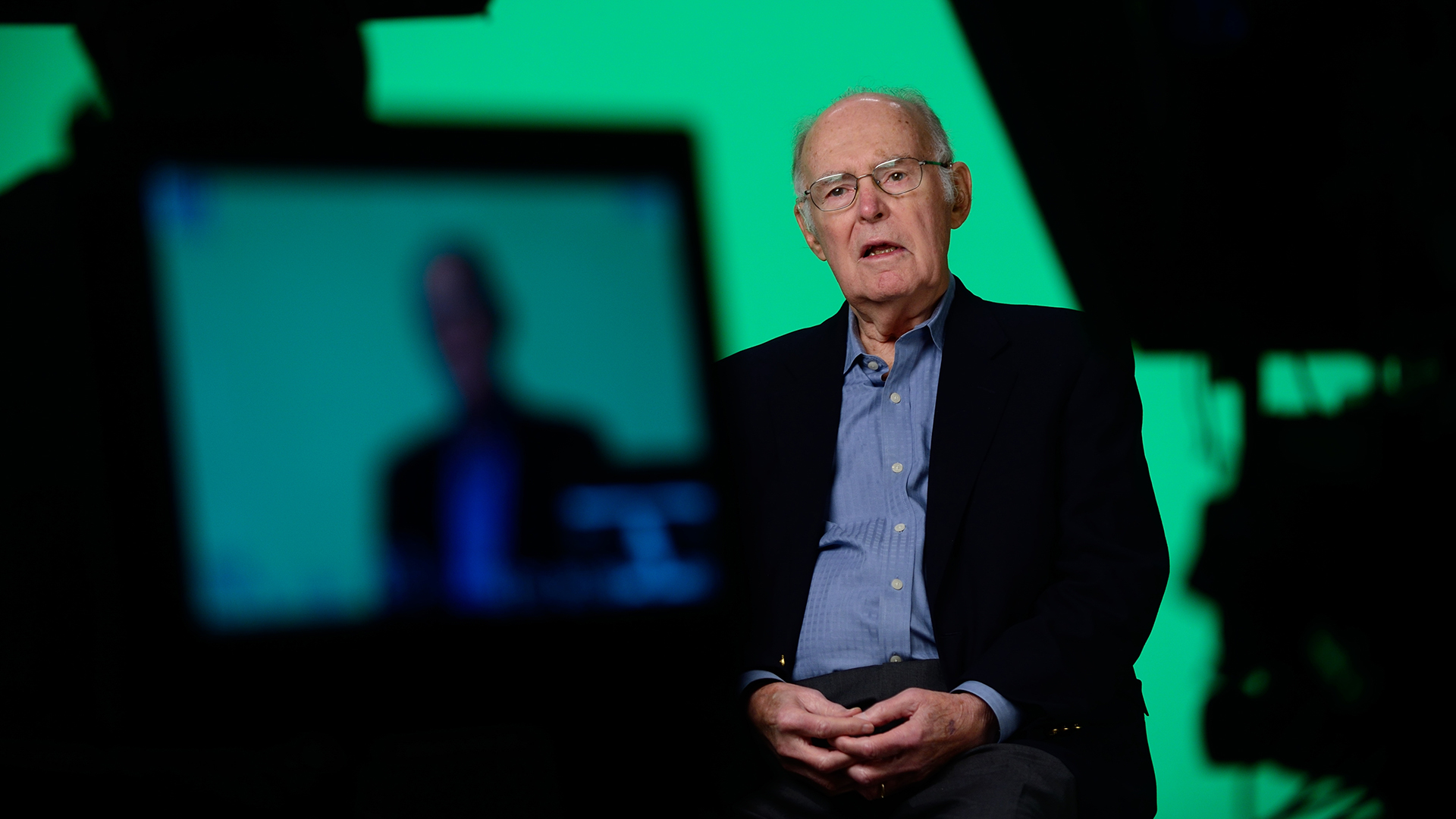


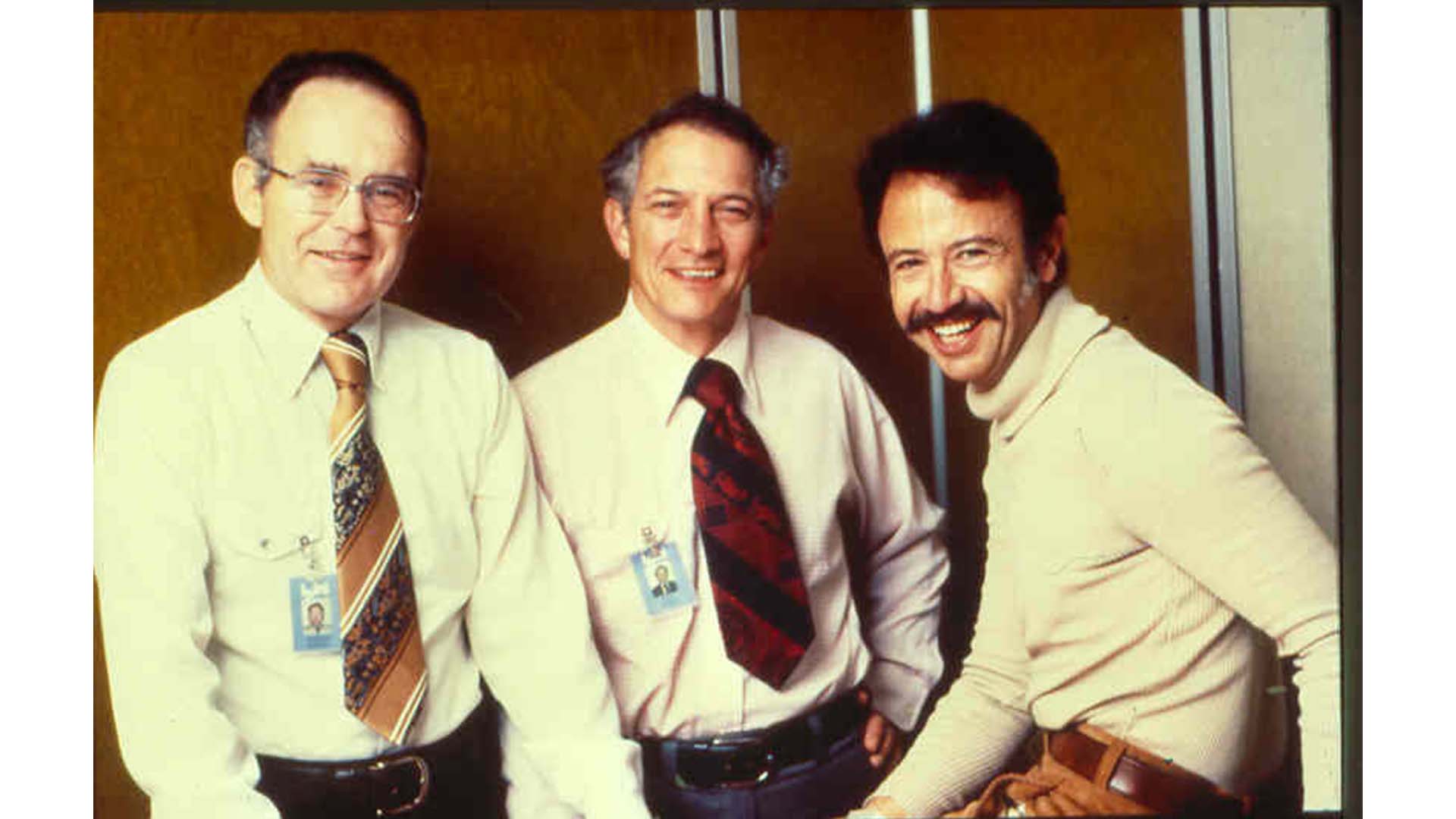
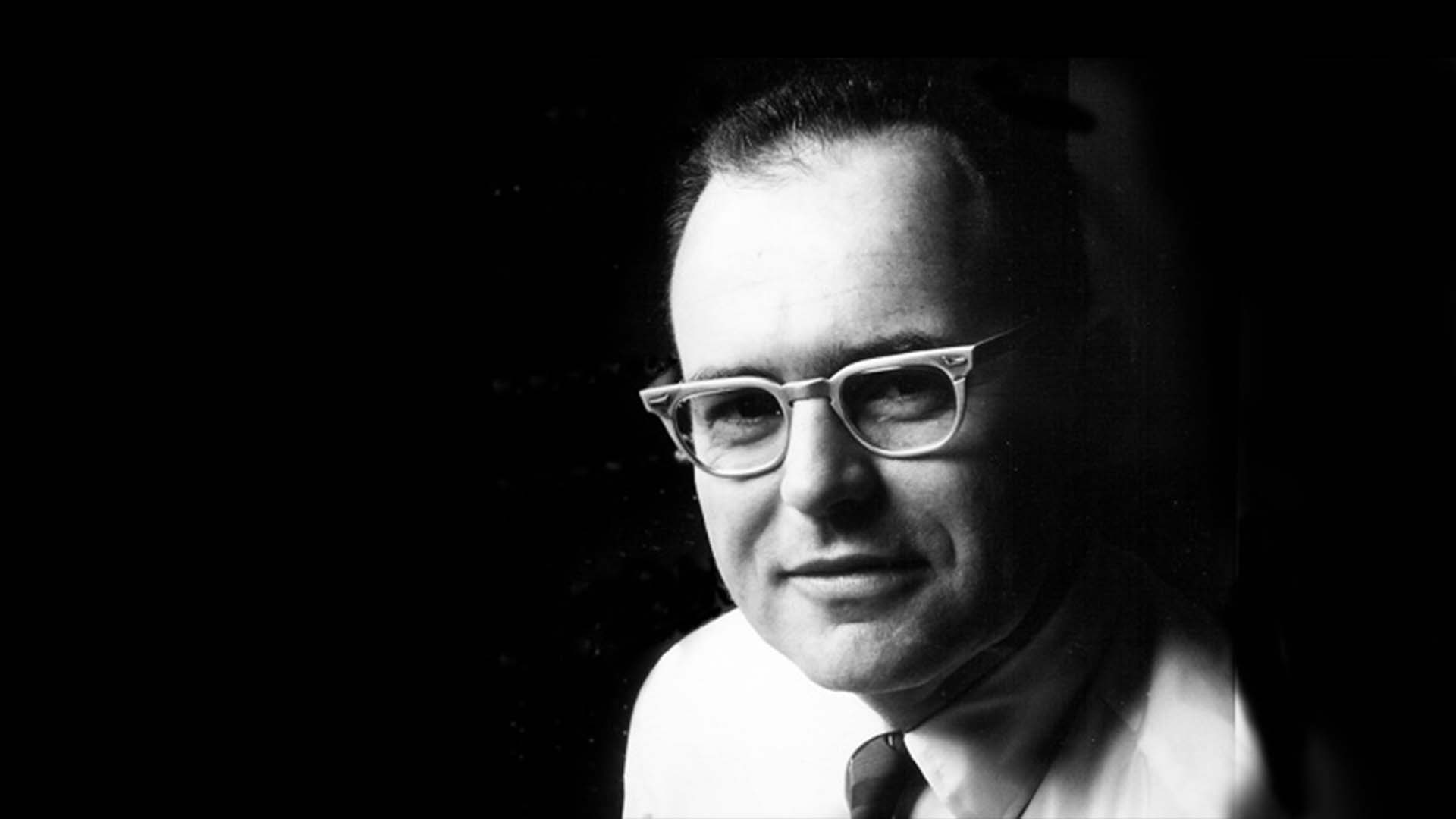
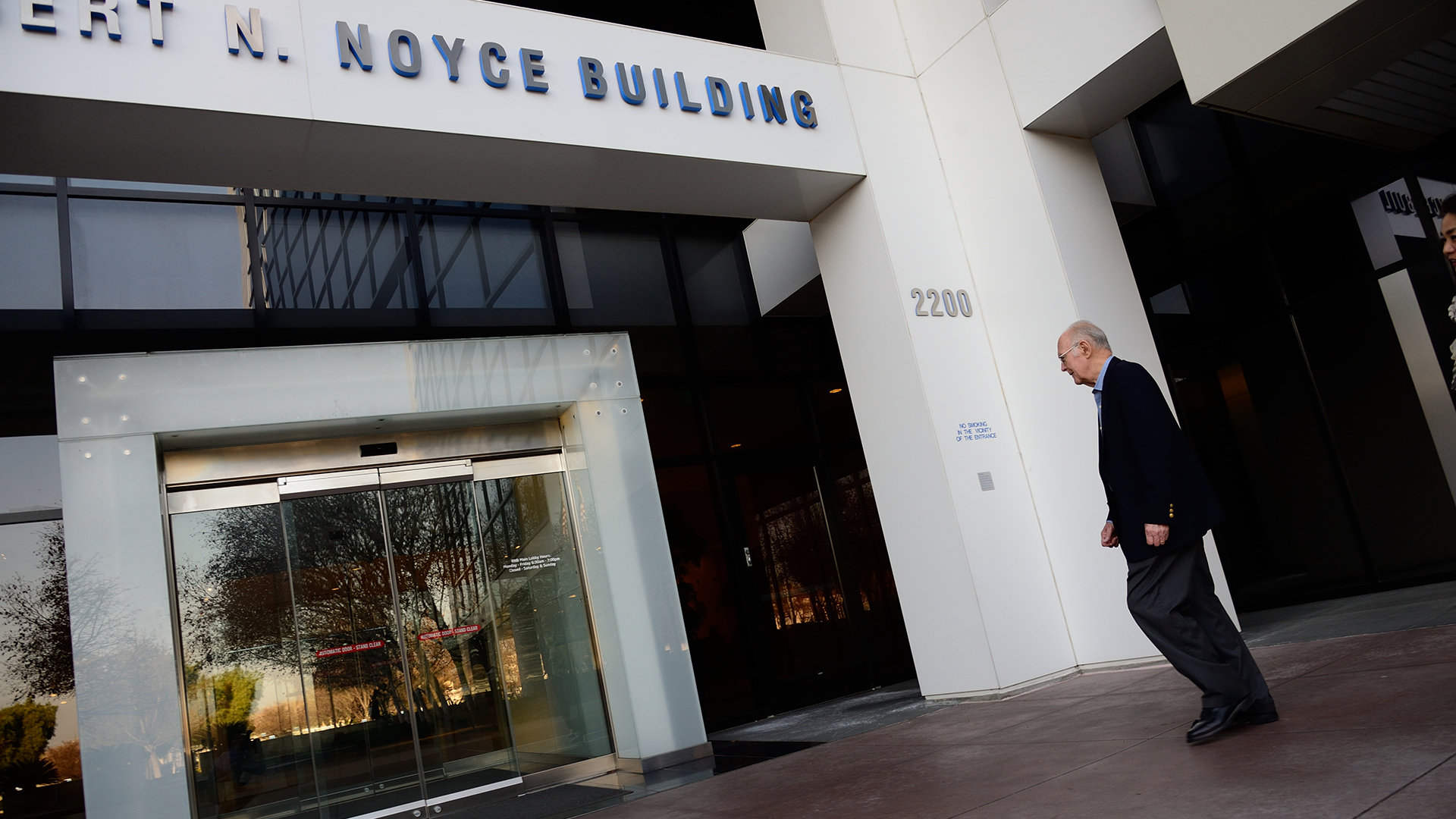
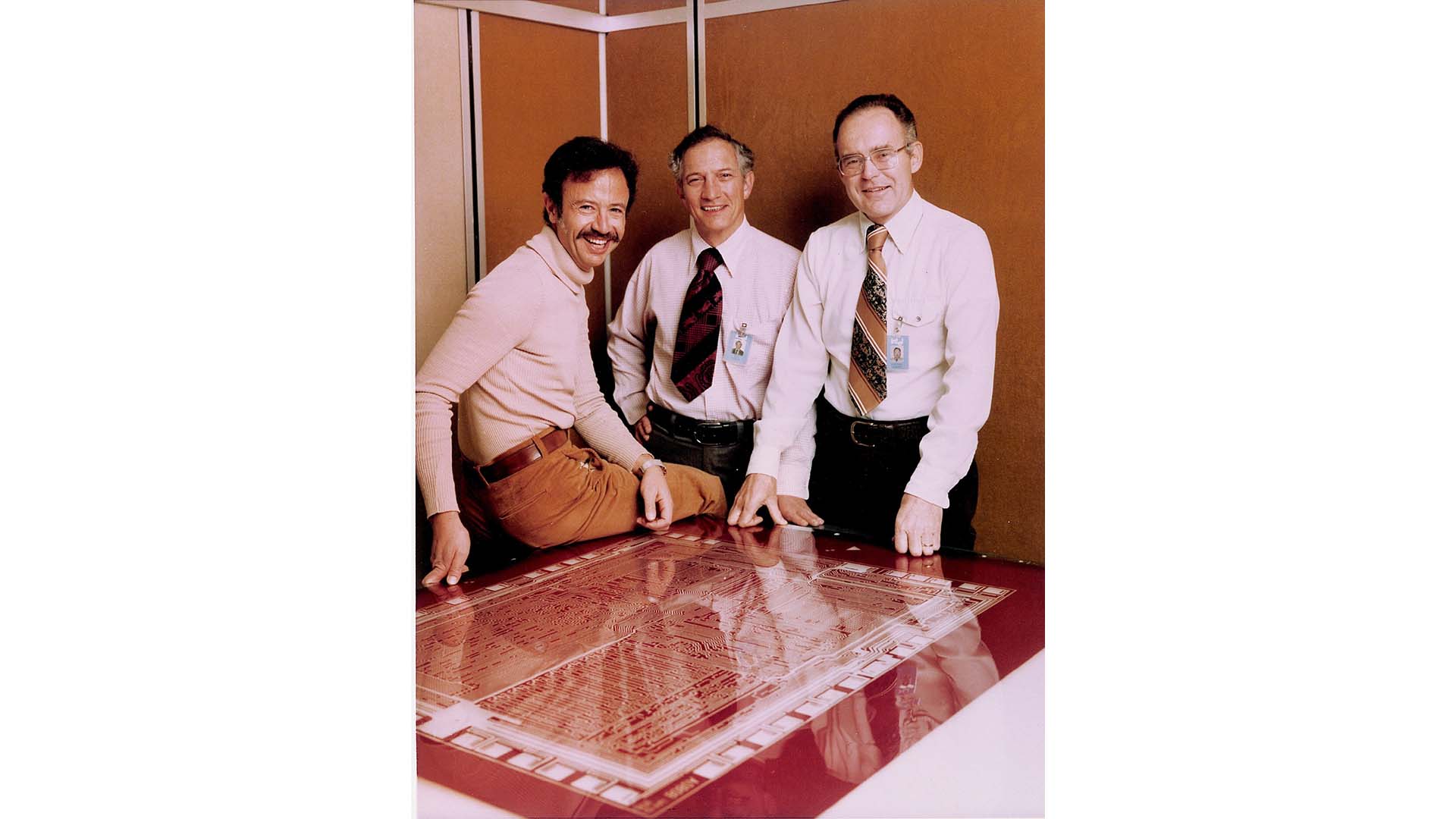
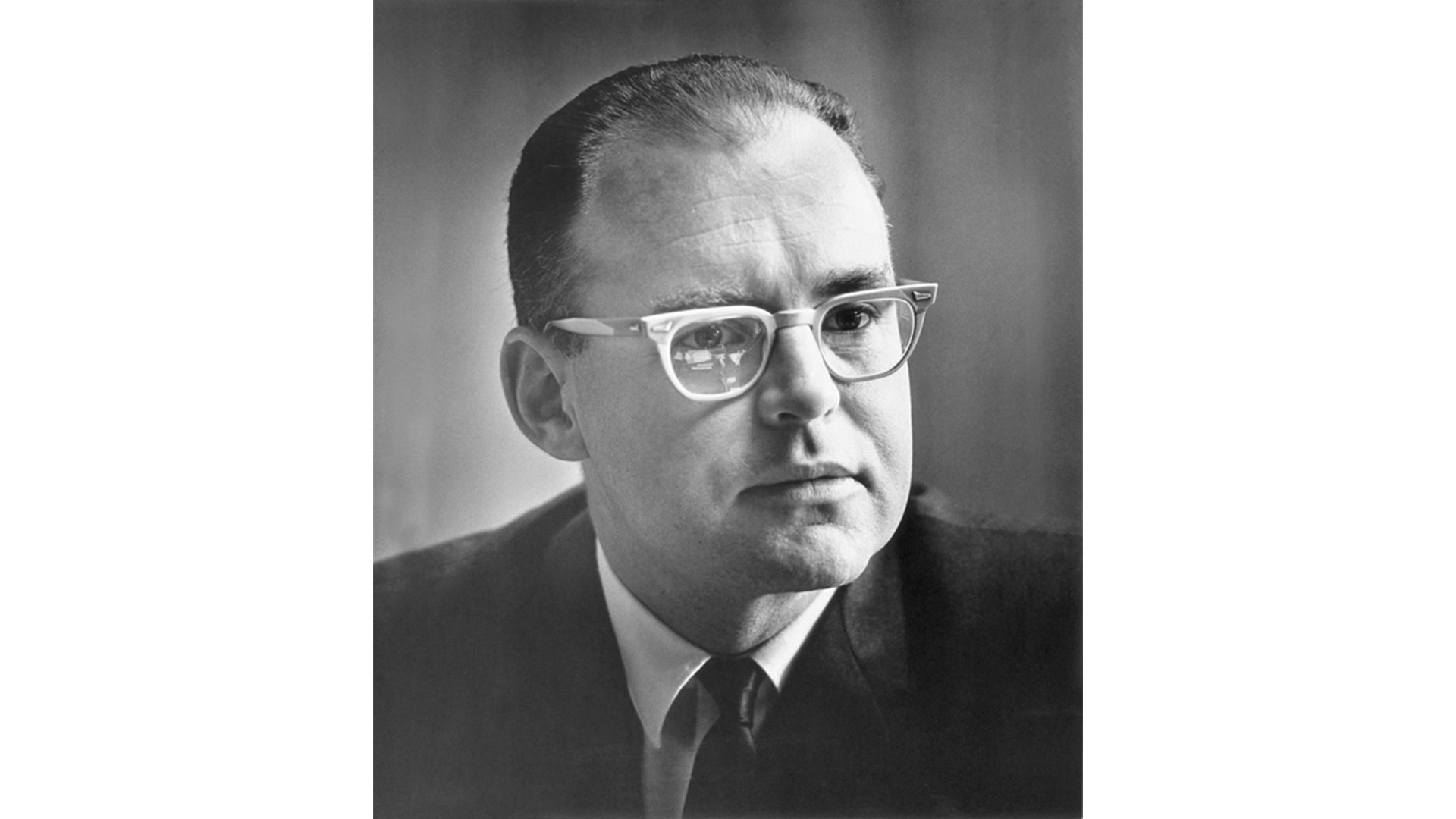
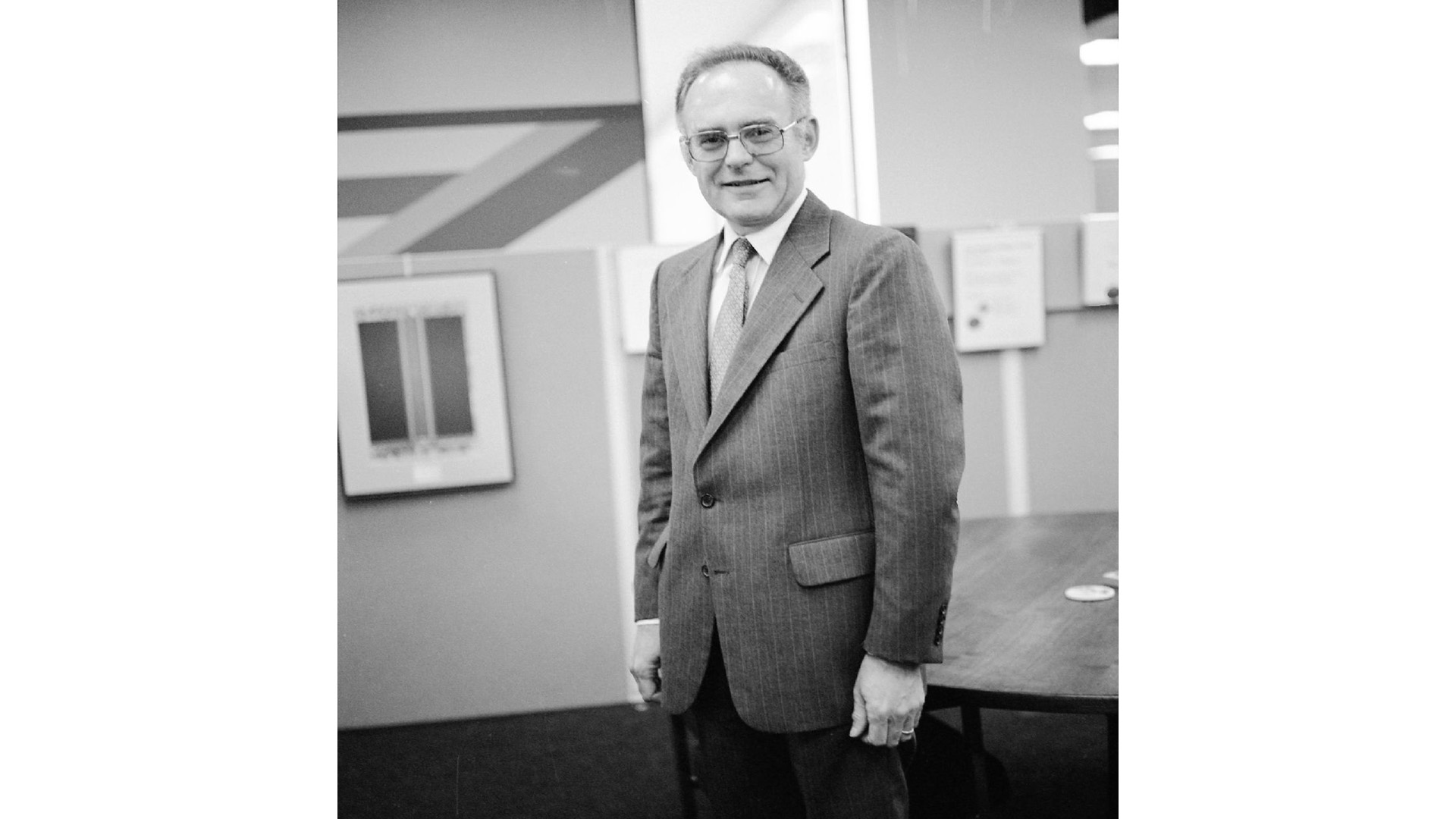
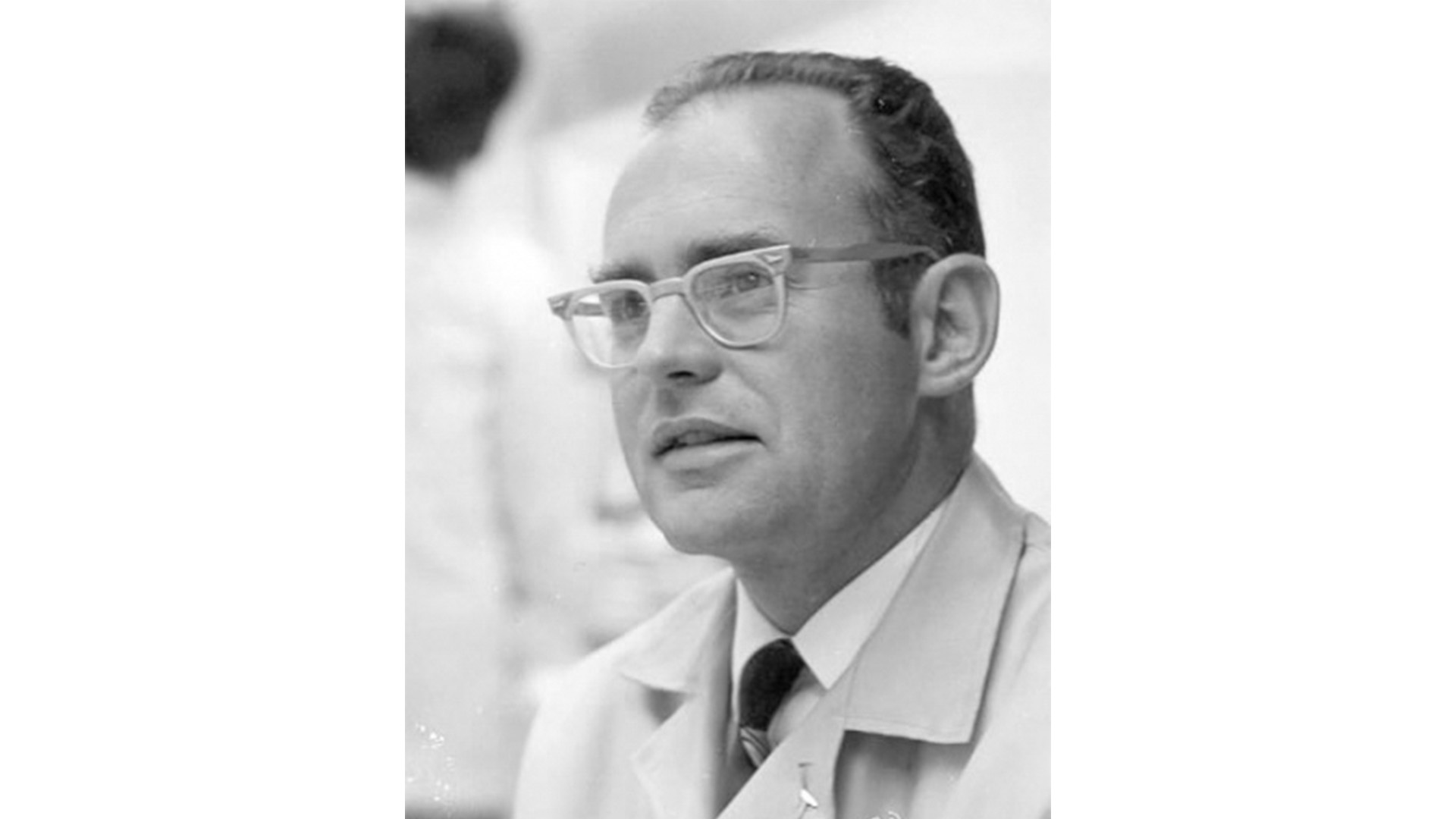
After being part of the founding group of Fairchild Semiconductor, Moore and Noyce founded Intel in July 1968. Their first hire was Andy Grove, and the trio steered Intel to success.
Intel originally began with $2.5 million from investors and produced Static RAM (SRAM) memory. The company later shifted to processors, shipping the Intel 4004, the first commercially available microprocessor, in 1971. Intel later pioneered the x86 instruction set in 1978 when it released the now-legendary Intel 8086, the first building block of its empire based on x86 architectures. The company still focuses on CPUs today and is now valued at ~$167 billion.
Moore initially served as the executive vice president until 1975, then as president of the company until he was named the CEO and chairman of the board in 1979. He relinquished the role of CEO in 1987. Moore continued to serve as the chairman until 1997, when he was appointed the chairman emeritus. He held that position until he stepped down in 2006.
Gordon Moore once said, “What can be done, can be outdone.” As stewards of his law, Intel will work relentlessly to exponentially outdo what he & Robert Noyce set out to do. He leaves behind a legacy that changed the lives of every person on the planet. His memory will live on.March 25, 2023
In his later years, Gordon Moore was an active philanthropist, especially in the fields of environmental conservation, science, and patient care improvements. Moore and his wife of 75 years established the Gordon and Betty Moore Foundation, which has donated more than $5.1 billion to charity since its inception in 2000.
Pat Gelsinger, Intel CEO, said, “Gordon Moore defined the technology industry through his insight and vision. He was instrumental in revealing the power of transistors, and inspired technologists and entrepreneurs across the decades. We at Intel remain inspired by Moore’s Law and intend to pursue it until the periodic table is exhausted. Gordon’s vision lives on as our true north as we use the power of technology to improve the lives of every person on Earth. My career and much of my life took shape within the possibilities fueled by Gordon’s leadership at the helm of Intel, and I am humbled by the honor and responsibility to carry his legacy forward.”
Moore was a recipient of the National Medal of Technology in 1990 and the Presidential Medal of Freedom, the nation’s highest civilian honor, in 2002. He is survived by his wife of 75 years, Betty Moore, sons Kenneth and Steven, and four grandchildren.
Get Tom's Hardware's best news and in-depth reviews, straight to your inbox.

Paul Alcorn is the Editor-in-Chief for Tom's Hardware US. He also writes news and reviews on CPUs, storage, and enterprise hardware.
-
ezst036 Wow. Let's take a moment of silence for his grieving family. One human life, but nearly endless contributions and improvements for all of our's quality of life.Reply -
jkflipflop98 Without him, our world may look very differently today. He truly touched all our lives. RIP, sir.Reply -
newtechldtech Moore law actually was a business trick nothing more. They could make more than 2x the transistor count every year at the time but he made that law to profit more noting else and to fill the roadmap for more years to come while they could release the better ones. , and not for the sake of technology advancement .Reply